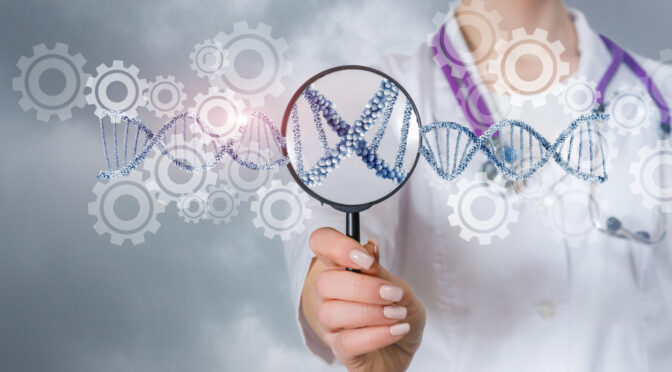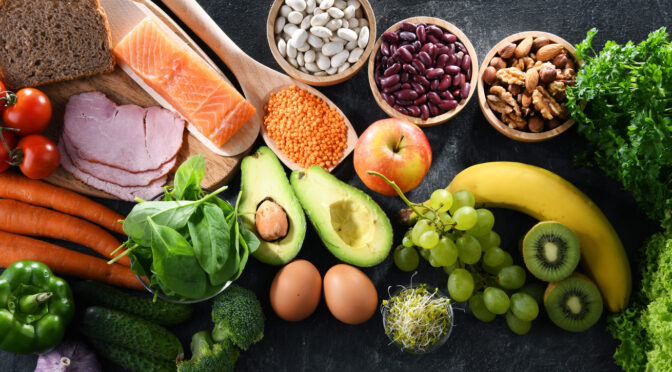Some families have two or more members who develop the same type of cancer, leading people to believe that it’s inherited. While it’s not passed along like blond hair or brown eyes, there is a genetic element to cancer than can be shared by family members.
How Cell Mutations Give Rise to Cancer
You already know that genes are responsible for certain physical characteristics like height and eye color, but they also contain information that controls cell function. A mutation is an abnormal change that prevents a gene from working properly.
Cancer results from cells that multiply uncontrollably. While the mutations that cause cancer are usually acquired, some inherited mutations affect tumor suppressor genes that act as traffic cops, regulating cell growth and death.
Is It Coincidence or Family Cancer Syndrome?
These inherited gene mutations can lead to family cancer syndrome, in which several members of a family develop similar types of tumors. Telltale factors of family cancer syndrome include:
• Cancer occurring in multiple generations
• Childhood cancer occurring in siblings
• Cancer occurring at unusually young ages
• Two or more types of cancer occurring in a single person
Many times, several diagnoses of cancer within one family can indeed be pure coincidence. They can also be related to family members being exposed to tobacco smoke or other common risk factors.
Genomic Testing for Personalized Cancer Treatment at Issels®
Since our cancer treatment programs target the tumor microenvironment as well as the cancer itself, we use highly specialized testing to address your specific needs. Visit our website to learn more about our cancer treatment that boosts your body’s own immune responses.


